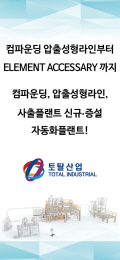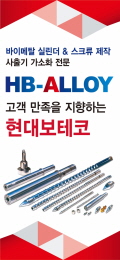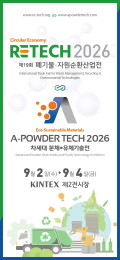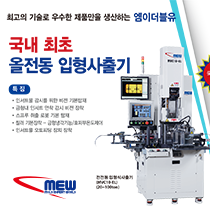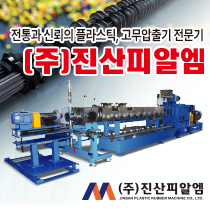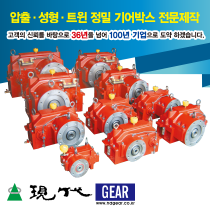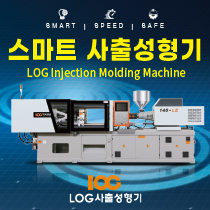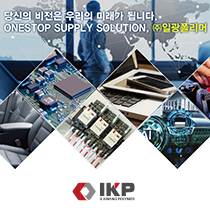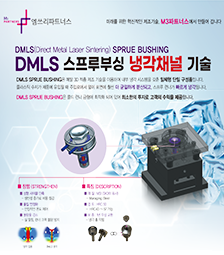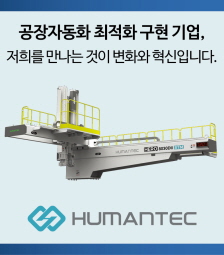▲ BASF SE marks its investment in Prismlab.BASF SE has advanced its 3D printing ambitions with a recent investment in the Chinese 3D printing company Prismlab.The investment was made through BASF's investment arm, BASF Venture Capital GmbH, along with co-investor Sabic Venture, a part of Saudi Arabia Basic Industries Corp., a company spokeswoman told PNE on 6 Nov.The spokeswoman, however, declined to comment on the size of the acquisition or its financial details, but said that BASF was the lead investor in the process.Headquartered in Shanghai, Prismlab has developed a patented high-speed, high-precision and low-cost 3D printing process.The investment by BASF will go toward accelerating product development and innovation, as well as the expansion of Prismlab’s global reach, the Ludwigshafen, Germany-based company said in a statement.“The trailblazing technology from Prismlab allows large and stable components, such as medical braces and anatomical models, to be 3D printed for the first time,” Markus Solibieda, managing director of BASF Venture Capital GmbH, said during the signing ceremony. Prismlab’s patented process, “pixel resolution enhanced technology” is based on stereolithography (SLA).Prismlab’s technology, according to BASF, increases the printing resolution without compromising printing speed.As part of the process, and to increase the amount of energy brought into a pixel, Prismlab’s technology divides each pixel in the resin into several small sections, which can be cured individually by exposure to LCD light.This makes the energy input into each pixel significantly higher than similar processes that expose each pixel to light only once.As a result, comparatively large and stable components or numerous parts are printed in the same production step.BASF said the cost-saving feature of the technology can open up opportunities in the footwear and furniture industry.Prismlab also markets 3D printers and other related services.BASF has stepped up its 3D printing activities in recent months, including the acquisition of two European materials suppliers for the technology earlier this summer.The company, through its subsidiary BASF New Business GmbH (BNB), took over the German company Advanc3D Materials GmbH and French firm Setup Performance in July.Earlier in the year, the German chemical giant entered into a strategic partnership with Berlin-based start-up company BigRep to jointly develop materials and printers for industrial customer requirements.
Aeyoung Park
2018-11-07

